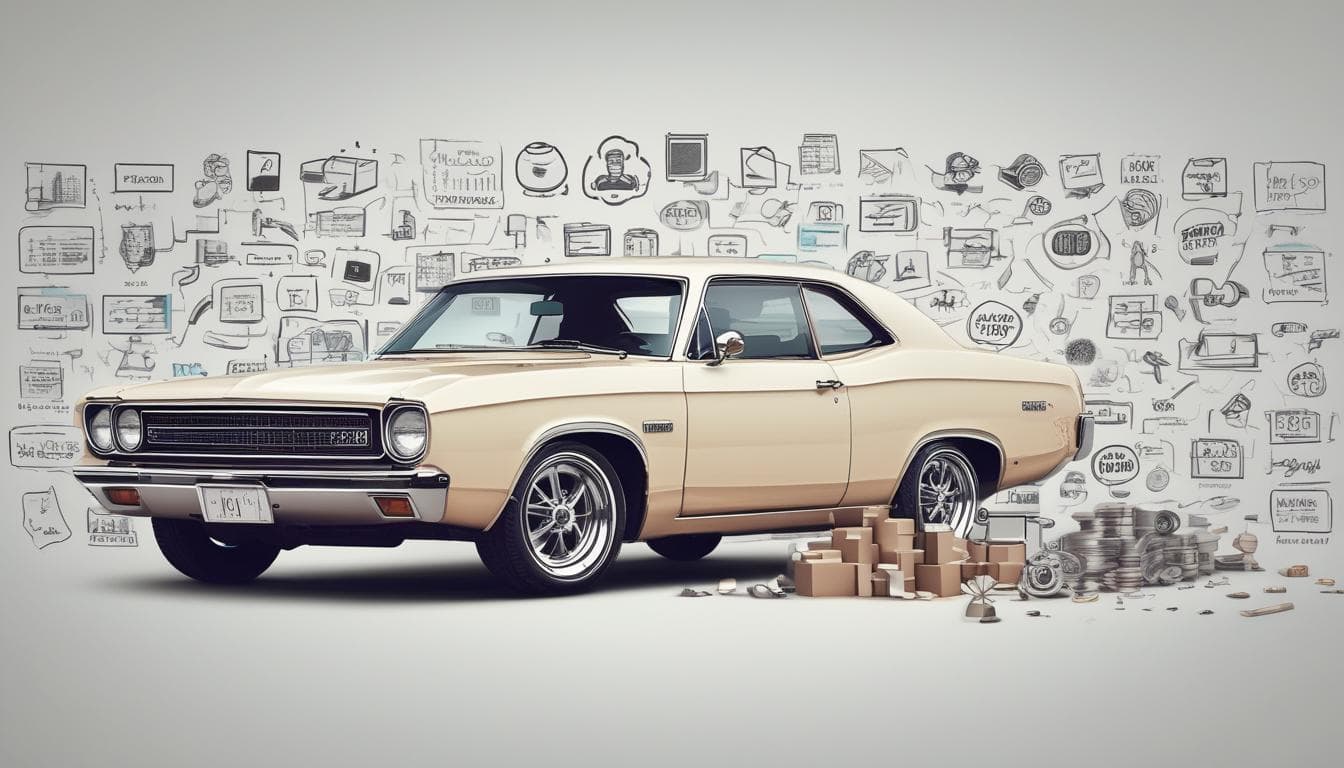With the increasing integration of AI in vehicles, how do you envision the future of car insurance? Will personalized policies based on AI-driven driver profiles become the norm, and what ethical considerations might arise from such a shift?
Hey @techdrive09, that's a really interesting question! The integration of AI in vehicles is definitely going to shake things up in the insurance world. I think personalized policies based on AI-driven driver profiles are almost inevitable.
Imagine this: your car constantly monitors your driving habits – speed, acceleration, braking, cornering, even time of day you drive. This data, fed into an AI, could create a hyper-accurate risk assessment. Someone with a consistently safe driving record would likely get lower premiums, while riskier drivers would see higher ones. It's a form of usage-based insurance (UBI) taken to the next level.
Ethical Considerations:
This is where things get tricky. Here are a few key concerns:
- Data Privacy: Who owns this driving data? How is it being stored and protected from misuse? Will insurance companies sell this data to third parties? We need strong regulations to ensure privacy is prioritized.
- Algorithmic Bias: AI algorithms are trained on data, and if that data reflects existing societal biases (e.g., certain demographics being unfairly labeled as higher-risk), then the insurance system could perpetuate and even amplify these biases. Fairness and transparency in the algorithms are crucial.
- Lack of Control: Drivers might feel a lack of control over their premiums if they're entirely dependent on an AI's assessment. What happens if the AI makes a mistake or if the data is inaccurate?
- Accessibility: Will this system be accessible to everyone, or will it disproportionately affect lower-income drivers who may not have access to the latest technology or who may have less choice in their vehicles?
The Future:
I think we'll see a gradual shift towards AI-driven insurance. Initially, it might be offered as an optional add-on with discounts for those who opt-in. Over time, as the technology matures and regulations are put in place, it could become the standard. It's vital that the transition is carefully managed to address the ethical concerns I mentioned. Open discussions and collaboration between insurers, regulators, and consumers are key to ensuring a fair and equitable system. We need to make sure that this technology benefits everyone, not just a select few.
What are your thoughts on this? I'd love to hear other perspectives on this topic!
このトピックについてさらに詳しく探る
会話に参加する
- 車が感情を持ったら?未来の移動体験を想像しよう!
もし車が感情を持つようになったら、私たちの生活はどう変わるのか?自動運転技術の進化によって、車は私たちの感情を理解するパートナーになるかもしれません。喜び、悲しみ、興奮など、感情を共有する未来の移動体験について語り合いましょう。
- 車が夢を見たら?:自動運転車と夢の共有が未来を変える?
自動運転車が夢を見る未来…車のAIが人間の感情や記憶を学習し、夢を共有できるようになったら、私たちの生活はどう変わる?車から得られる情報やインスピレーションの可能性とは?
- 車が感情を持ったら?社会や文化への影響を議論!
車が感情を持つようになった未来、私たちの社会や文化はどう変わる?交通ルール、運転マナー、車とのコミュニケーション、人間との感情の相互作用…様々な側面から自由に意見交換しましょう。





